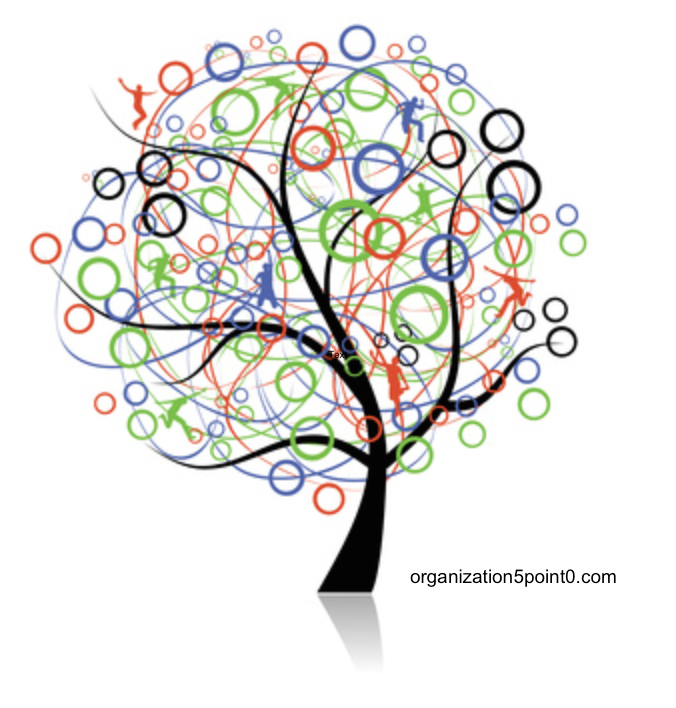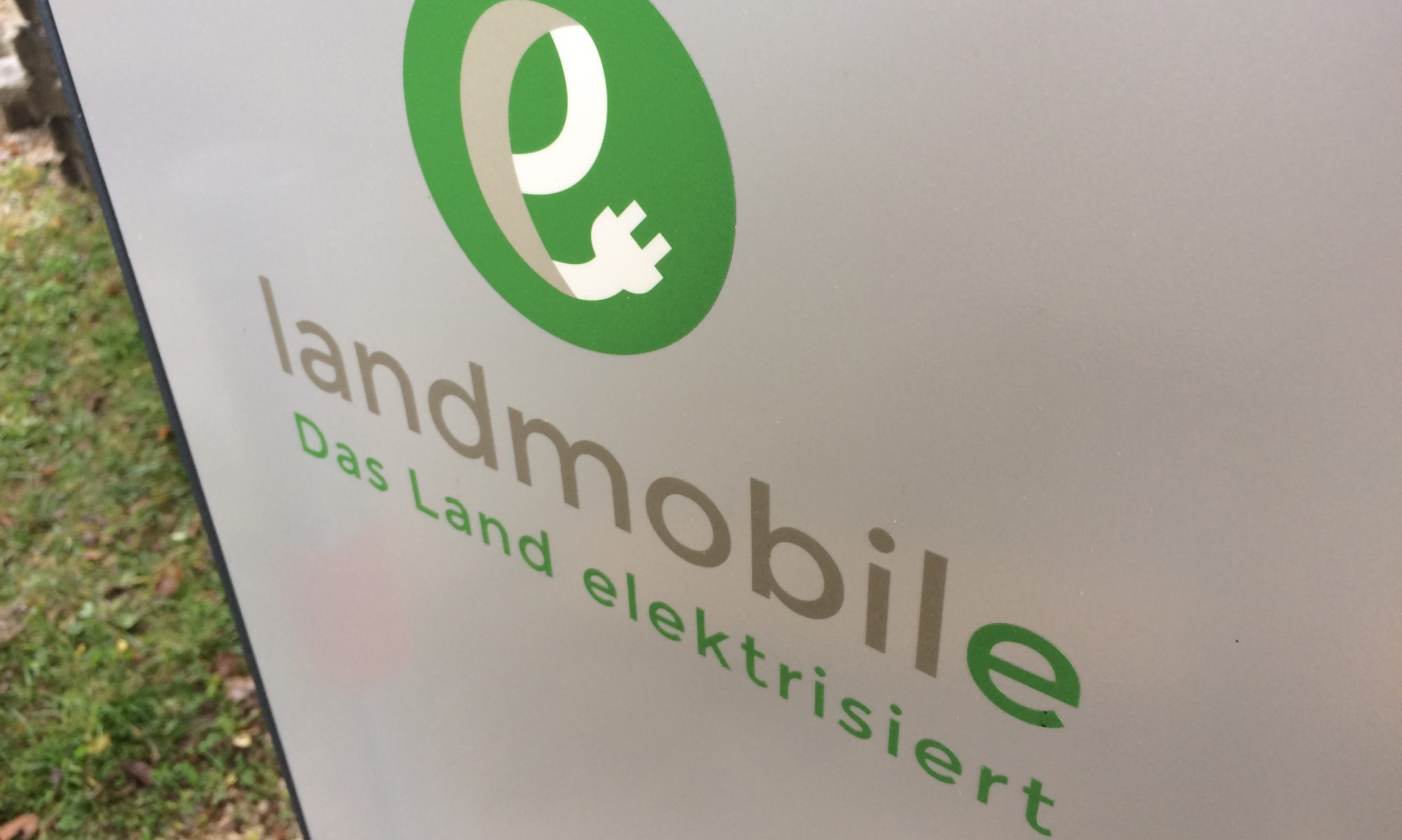A smart rural space as a complex, constantly changing and vivid location
In our international Mesopartner work in the field of local and regional economic development we have always adapt a systemic perspective. It follows the approach of „seeing the forest or the whole instead of trees or isolated perspectives“. In recent years we have integrated complexity and resilience approaches into our reflection. We know from our own practice that territorial change processes can only succeed within a network of people and organisations. It never takes place in isolation and is rarely possible only through individuals.

Development is complex and many dynamics play into the attractiveness and loss of the quality of life of places. The resilience or self-help forces of municipalities, associations or local innovation systems as well as the support structures that strengthen these self-help forces matter! Against this background, we look at rural areas as subsystems of larger areas in which different institutions, interest groups, people and cultures are interwoven. The nature and intensity of their interaction and their openness or closure to new influences and thought-provoking impulses, both from internal and external, make them stronger, more resilient and more dynamic. Or also weaker, more isolated and monotonous.
For us, a „smart rural space“ is less a space that is particularly „efficient“, „digital“, „goal-oriented“ or „competitive“. It is a space in which people and organisations can work together to create an environment with a high quality of life. Smart rural areas are open spaces in which clever solutions are found for respectful, environmentally conscious and economically sustainable cooperation. They are spaces in which people are interested and enabled to reinvent themselves, to experiment with others, to learn from others instead of going only traditional ways. Digital technologies are not the solution. Their opportunities should be seized. But they are only one among other means to an end.
Challenges for a smart rural space
A living and open rural area needs more new instead of more old. It needs diversity of people with different patterns of experience, variety of coexisting and mutually fertilizing modern, alternative as well as (but not only) traditional life models. Diversity is the salt in the soup of larger cities. This also true for rural spaces. It creates quality of life, opens the contact to other interesting people with different life experiences, awakens new encounters and thought-provoking impulses. These also include mobile and sustainable transport and food facilities, short shopping routes, good further skills and learning opportunities for adults, families and children, the use of new technological solutions and the opportunity for residents and newcomers to contribute to the development with their own strengths and experience.
Future opportunities for smart rural spaces
It will be crucial for the vitality of rural areas to learn from cities, to look at other dynamic rural spaces, to experiment and adopt, to bridge and not only to bond their relations. A smart rural space is eager to make rural areas more alive as both living and creative spaces, to preserve valuable things and to initiate new ones.
